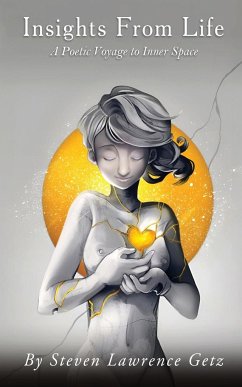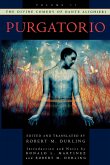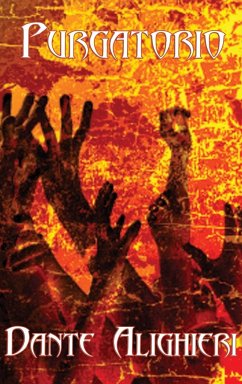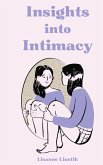Steven L. Getz only entered one poetry contest in my life, and he won it. That poem, written in Middle School, is now lost to history. Fifty years later, he composed his next two poems entitled, "The Colored Lens of life," and "My Three-Man Chorus." Several others followed in quick succession. Sometimes, he composes several poems in a day. Other times, he goes months without composing because he gets preoccupied with other things. Steven rarely creates rambling semi-abstract poems (especially odes) because he considers most of them to be boring. How many poems that lasted more than two pages have you actually read all the way through? Truly popular poems are ageless. Poems such as "First Fig" by Edna St Vincent Millay, "Fog" by Carl Sandburg, and "The Road Not Taken" by Robert Frost, as well as "Things I didn't Say" by Shel Silverstein basically prove this. Those one-page poems talk about the 'always' of life and nature not the 'present' that tends to prejudice our views. More importantly, great poems talk about human nature, even though their depiction of human nature is sometimes somewhat cryptic. Steven rarely runs out of words or ideas because he writes about life, which is ever-changing.
Hinweis: Dieser Artikel kann nur an eine deutsche Lieferadresse ausgeliefert werden.
Hinweis: Dieser Artikel kann nur an eine deutsche Lieferadresse ausgeliefert werden.








